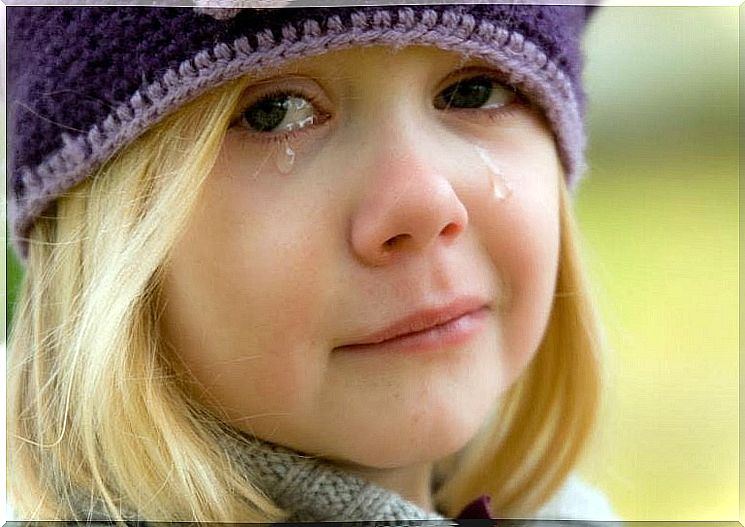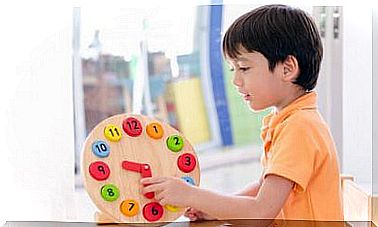How To End Your Child’s Tantrum With Just One Question

Did you know that it is possible to neutralize your child’s tantrums with just one question? It’s not about magic. It’s just a little psychology applied to the little ones in the house.
Contrary to what many people think and, above all, what they practice in their homes, a child can be interrupted in the middle of an episode of anger or frustration. Some experts recommend respecting this moment when the child is overwhelmed by emotions and explodes. But recently, a method that is effective in neutralizing these situations has been discussed.
This strategy is associated with the child’s cognitive ability and the willingness of parents or educators to teach the little ones to deal effectively with emotions.
The situations that trigger anger in little ones are numerous: forgetting a toy at home, not wanting to sleep at the right time, wanting to continue playing in the bathtub after a bath, wanting to eat only sweets, or breaking a favorite toy. Naming each of these situations takes a lot of time and it’s not worth naming them all because we already know them by heart.
But we should expand on the fact that stopping your child’s tantrum does not necessarily require special therapy or consultations with a psychologist . We should simply help him create a different perspective to deal with the problem that triggered his negative reaction.
What to do about a tantrum?

Just thinking about the word tantrum our level of patience starts to wane. Unfortunately, parents of young children, children under the age of five, focus only on reprimanding, scolding and forbidding when faced with a moment of childish tantrum.
Let’s not forget that we are dealing with people who still don’t know how to manage their emotions. Thus, we cannot let go of the great responsibility of helping them to evolve emotionally and intellectually.
Include yourself in this process, accompany your child in the mistakes he makes and help him find solutions and move forward
At this point, many people may be wondering what the relationship between tantrums and a child’s intellectual development might be. To respond to this concern, we need to cite the definition offered by the Royal Spanish Academy: Intellect is “understanding, the rational cognitive power of the human soul”.
It talks about the “human soul”, not adults or adults. So, if intellect is an inherent characteristic of human beings, why not help our children to rationally analyze those situations that provoke anger?
Learning to deal with emotions is part of children’s evolution. Thus, it is in our hands the responsibility to help them grow and achieve that emotional stability that will allow them to mature with age.
the big question

After this proposition, we want to invite you to respond to your child’s next tantrum with the following question: “Is this problem small, medium or large?”
Chances are, your child, in the midst of your innocence, will respond that this is a big problem. If this happens, don’t say it’s not true because then you would be underestimating your feelings and giving your emotions little importance.
The best option is to accompany the little ones in this process of recognizing the problem. If your child says it’s a big problem, that’s certainly what he’s feeling in his little world. So our task is to help you find a solution to this problem.
Once you’ve identified the scale of the problem, invite them to try to find a solution to that situation. Teach by example that the fastest way to overcome conflicts is to look for solutions.
Once the tantrum is over and your child is more emotionally stable, ask if it was easy to solve that big problem. When you say it was easy, end the conversation by suggesting that if the solution was easy, then surely the problem wasn’t as serious as both imagined.
Yes, “as both imagined”. Include yourself in this process, accompany your child in the mistakes they make, help them find solutions and move forward. Don’t do like the majority who are only dedicated to judging a tantrum because that way nothing is solved.
A child does not need to be judged. She just hopes to be able to count on the help of adults to grow confidently and in the happiest way possible. This is our wonderful task.









